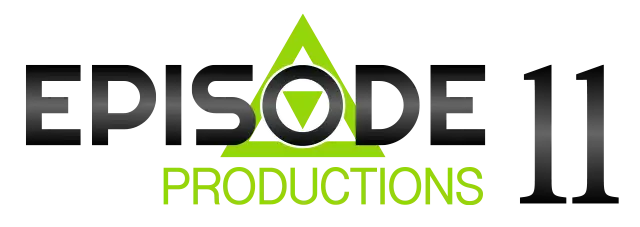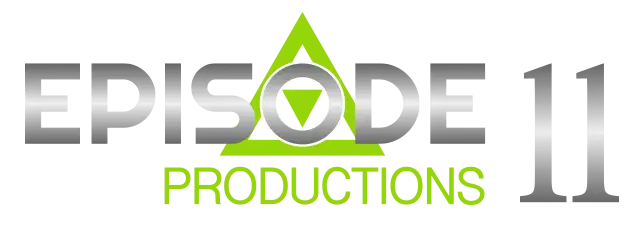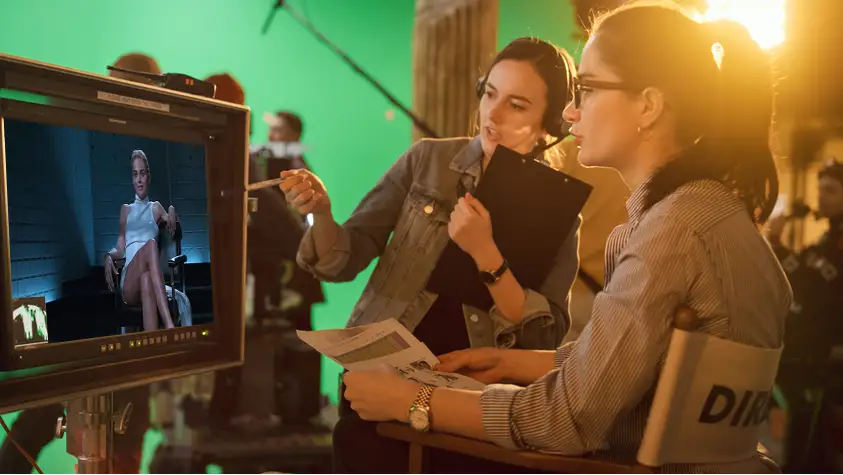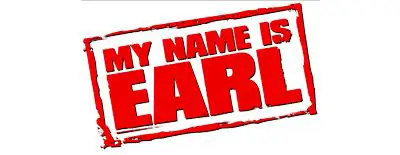When is a Video/Film Director Needed?
Before I answer this question, I want you to be prepared to be pissed off. I’m just being honest with you. In every industry, there are up-sells. Burger places want to sell desserts. Car salesman and cell phone providers want to sell you extended warranties. The video production industry wants to upsell you a Director. Although, the title, Director, does sound impressive, what does a Director actually accomplish on a video shoot?
To understand the purpose of a Director, it’s best to grasp the understanding of the auteur theory. In short, a Director imparts his vision into a film/video. For feature films, shorts, and documentaries. I truly believe in the importance of a Director. For corporate videos and film shorts, the client becomes the Director. It’s the production company’s job to interpret the client’s vision and transfer that into the video, so why are you paying for a Director? I told you, that you were going to be pissed off.
History of the Film Director
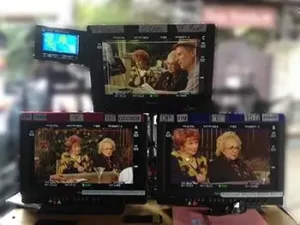 Before we go further, allow me to give a brief history lesson into the evolution of the coveted Director. In years past, during the days of film, you typically had one camera to shoot the film. The person who actually operated the camera was also the Director. The position was called a Cinematographer, and he/she was responsible for the look of the film…including how the lighting looked on camera. As greed crept in, things began to change.
Before we go further, allow me to give a brief history lesson into the evolution of the coveted Director. In years past, during the days of film, you typically had one camera to shoot the film. The person who actually operated the camera was also the Director. The position was called a Cinematographer, and he/she was responsible for the look of the film…including how the lighting looked on camera. As greed crept in, things began to change.
The Director’s position has now been split into several different positions. By decentralizing the position, control was lost and it took more time to complete the desired task. (We all learned about this in The Theory of the Firm class, economical 101 in college.) The individual who now has control over the lighting and technical decisions is the Director of Photography. The Camera Operators actually tape/film/video the scenes and the Director sits and watches the video feeds from the cameras. Repeat after me: “Waste, waste, waste”. Another example of “profits over people”.
Understand the Director’s Role
Don’t get me wrong, Episode 11 Productions is in business to make a profit, but our philosophy is to make a profit through mutual benefit. Paying someone to look at a monitor and boss a single camera operator around is not a mutual benefit. It’s a wasted time to set up, (video village-a place for the Director to sit and watch camera feeds). Because the position is often not needed on a corporate setting, the Director will require extra takes, when it’s not necessary, just to justify their time and your payout.
Remember the film called: The Shining? It was a great story and beautifully shot. Remember the stair scene, where Jack Nicholson chased Shelley Duvall up the large staircase? How many takes do you think that Stanley Kubrick shot to be happy with the result? 10? 20? It took the entire film crew 100 takes to record that scene. I loved Stanley Kubrick’s vision (auteur), but for anyone to shoot 100 takes for a scene is just wasteful. Back to the original question: “When is a Director Needed”?
For corporate shoots, and I don’t care if it’s a commercial for Buford’s Beer Bistro or Kit Kat Candy Bars, you should never need a Director unless you have two or more cameras angles, filming at the same time. Remember: “My Name is Earl”? The entire four seasons were shot with one camera.
There are people who will argue this with me all day, but those are typically the people who have been charging clients for the use of a Director on a one-camera shoot. The camera operator on a one-camera shoot should always have the skills to capture artistically, the vision of the corporate client, if not, then maybe you aren’t working with the most ethical production company.
